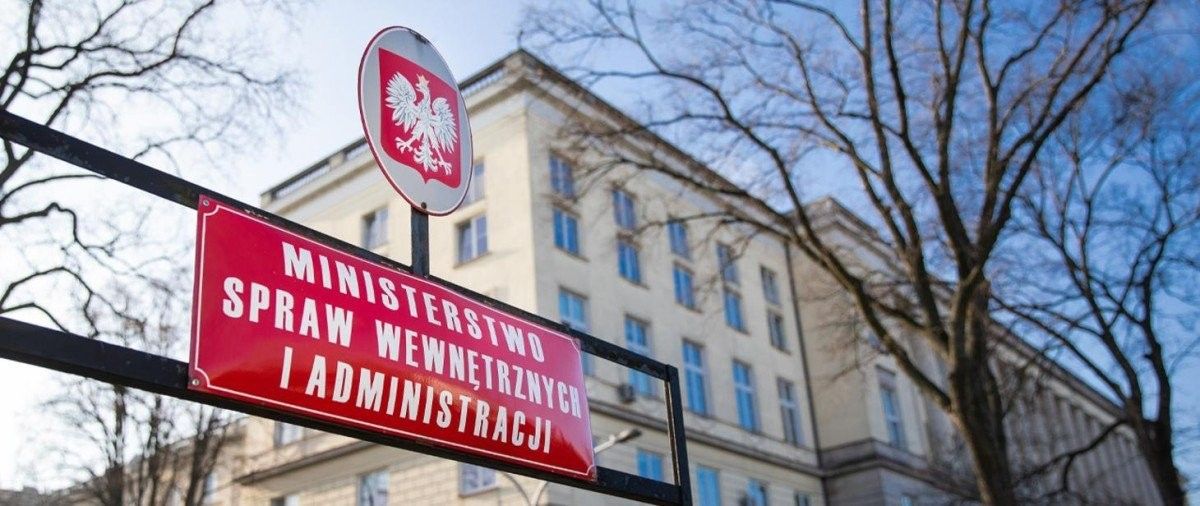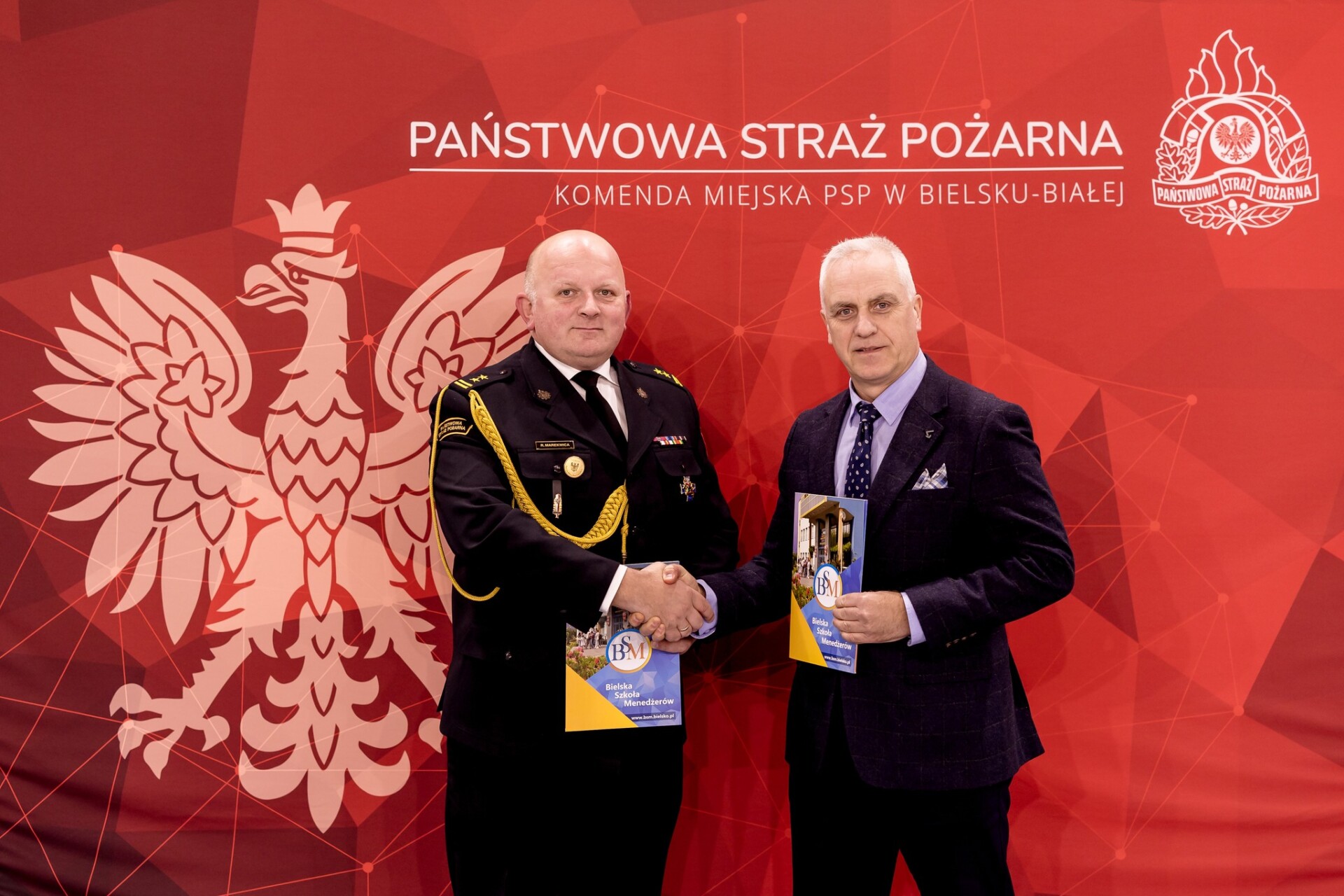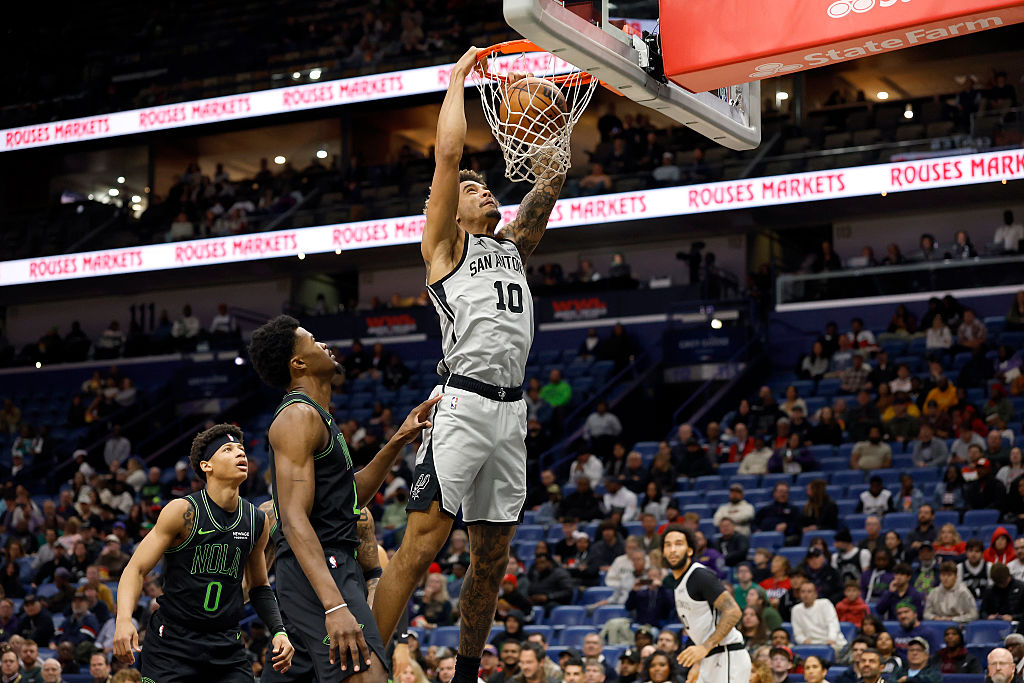Description of the facts
A.S. was accused of having held and operated gambling games in L. without the required right of concession in spite of the dispositions of Articles 2(3), (4) and (5), Article 3, Article 4, Article 6(1) and (4), Article 9, 14(1), Article 23(1)a and (4), Article 23a(1) and (2) of the Act of 10.11.2009 on gambling games (i.e. OJ of 2023 item 227; hereinafter: GryHazardU), i.e. on the action of Article 107(1) of the KKS in conjunction with Article 18(3) of the KKK, in conjunction with Article 20(2) of the KKS.
The territory Court of L. by judgement of 31.1.2023, IX K 353/21, found the suspect guilty of the acts covered by the indictment, and each of the acts qualified with Article 107(1) of the CCC, and for each of them, pursuant to Article 107(1) of the CCC, fined the suspect 50 regular units of fines, counting 150 PLN each for each rate which, pursuant to Article 40(1) to (3) of the CCC, in conjunction with Articles 86(1) and (2) of the CCC, combined, by deciding a full punishment of 75 regular scales of fines after 150 zł.
The appeal against that judgement was brought by the defendant, who, by raising the allegations of the images of the provisions of the proceedings which affected the content of the judgement (Article 4 of the NCP in conjunction with Article 7 of the NCP, in conjunction with Article 410 of the NCP), made an mistake in the factual findings adopted as the basis of the judgement and, having an effect on the content of the judgement and the gross disproportionateness of the penalty, requested that the suspect be changed by acquittaling the accused against the alleged acts, possibly imposing a fine on the accused in the lowest statutory measure, combining fines and a cumulative punishment ruling based on the rule of absorbance.
The territory Court in L. by judgement of 29.6.2023, XI Ka 541/23, annulled the contested judgement and referred the case to the territory Court in L. re-examination.
The judgement of the Court of Appeal was challenged by the prosecutor who, in the action brought against him, made a plea of infringement of Article 437(2), second conviction in fine The NCP, consisting in repealing the judgement of the territory Court in L. of 31.1.2023, IX K 353/21, and the transfer of the case to be re-examined in the event that no of the conditions provided for in that provision have been established for the repeal of the judgement and the transfer of the case to be re-examined, since the procedure is fundamentally intended to supplement the evidence procedure and to re-evaluate the evidence carried out. On the basis of this plea, the applicant requested the annulment of the judgement under appeal by the territory Court in L. in its entirety and that the case be referred to that Court for review.
The ultimate Court, after examining an action brought by the prosecutor against the judgement of the territory Court of L. of 29.6.2023, XI Ka 541/23, annulled the judgement under appeal and referred the case to the territory Court of L. for re-examination in the appeal proceedings.
Reasons for SN
According to the ultimate Court, the action deserves to be taken into account, since it is well founded on the insult of Article 437(2) of the NCP.
In the case-law of the ultimate Court, it is mostly stressed that, pursuant to Article 539a(3) of the NCP, an action against a judgement of the appeal court repealing the judgement of the court of the first instance and referring the case to review may be brought only due to a breach of Article 437 of the NCP or due to a breach of Article 439(1) of the NCP. The expression ‘only’ in that provision means that the catalogue of grounds for bringing the action is closed and limited to 2 deficiencies: the existence of absolute appeals and the infringement of the second conviction of Article 437(2) of the NCP. In accordance with the second provision, the repeal of the judgement and the referral of the case for re-examination is limited by the occurrence of accidents with Article 439 of the NCP, Article 454 of the NCP or the request to carry out the full cable. If circumstantial content deficiencies are identified in part of individual and non-personal evidence, The court of the second instance was both entitled and obliged to carry out the evidence independently, since the current rules of appeal, including those resulting from Article 452 of the NCP, indicate crucial possibilities for ruling the reformatory appeal court, besides on the basis of evidence carried out only at this phase of the procedure. The amendment of the judgement of the Court of First Instance, and its maintenance, is excluded only if, in the appeal proceedings, a full legal line should be carried out, and thus all the evidence should be reintroduced (judgment of the ultimate Court of 13.4.2022, I KS 3/22; see, for example, the ultimate Court judgement of 12.5.2022, I KS 15/22, Legalis).
In the case at issue, the Court of Appeal issued a cassatory decision, considering that there was a request for a re-opening of the judicial procedure in its entirety. In this context, it is worth quoting the view presented in the case-law that a re-conduct of the cable is essential in its entirety erstwhile the way in which evidence is carried out by the court a quo is affected by specified flaws that the specified partial addition to the evidence procedure by additional evidence by the appeal institution would be insufficient, and it is precisely due to deficiencies in the conduct of the full evidence procedure before the court of first instance (judgment of 16.11.2022, I KS 24/22, Legalis; see besides the ultimate Court judgement of 11.1.2023, I KS 35/22, Legalis).
Court adquem He pointed out that any witnesses – officers of the Customs and taxation Office in B. and B.T. – had not been heard. He stated that it was not possible to review the appellant’s uncovering as to the action of the accused in co-jurisdiction with another established individual due to the fact that the Court did not mention a quo any evidence of specified a uncovering in the absence of an indication in the justification for the controlled judgement of the individual concerned. However, there was no obstacle to proceeding the aforementioned witnesses at the appeal proceeding in order to examine whether, together with the evidence carried out by the Court of First Instance, there were grounds for attributing to the suspect a taxation offence in the form resulting from the operative part of the judgement of the Court of First Instance meritiOr another, but within the limits of the indictment. It was besides possible to verify the uncovering of a individual cooperating with the accused and to carry out the essential evidence. In fact, this is simply a secondary issue in the case, since even in the absence of specified circumstantial arrangements, it would be possible to modify the description of the act by indicating that A.S. had, for example, been working "with another person". Issue of a cassatory judgement on the basis of the condition laid down in Article 437(2) of II in fine The NCP so found no basis in the procedural reality of the present case.
Consequently, the explanation of Article 437(2) of the NCP occurred, which, in the absence of any another grounds for issuing a cassatory judgement by the Court of Appeal, implied the request to revoke the judgement under appeal and to mention the case back to the territory Court of L. That court shall review the assessment of the evidence carried out by the Court of First Instance in a fair manner and shall, depending on the outcome, carry out the essential evidence and shall present the result of the examination in item in the explanatory memorandum of the judgment, if any.
Comment
Against the background of the case, the following claim appears. In spite of the fact that the Court of First Instance considered the deficiencies of the evidence to be material, they did not justify the request for a full re-opening. The territory Court simply stated that, in the current state of evidence, it was not possible to decently review the judgement under appeal due to the request to carry out a number of fresh evidence requiring their search, it was impossible to supplement the evidence at the phase of the appeal procedure. This would, in the opinion of the Court of First Instance, be the replacement of the Court of First Instance in the main procedural acts, and the function of the Court of First Instance is, after all, the ‘control of the regularity of proceedings’. It is appropriate to draw this view out of error, recalling that, in the current legal state, the function of the Court of Appeal is not limited to the review function of the decision of the Court of First Instance. A contrario, in view of the wide anticipation of issuing a improvement decision, it has not only the right but besides the work to conduct evidence to a very wide extent.







